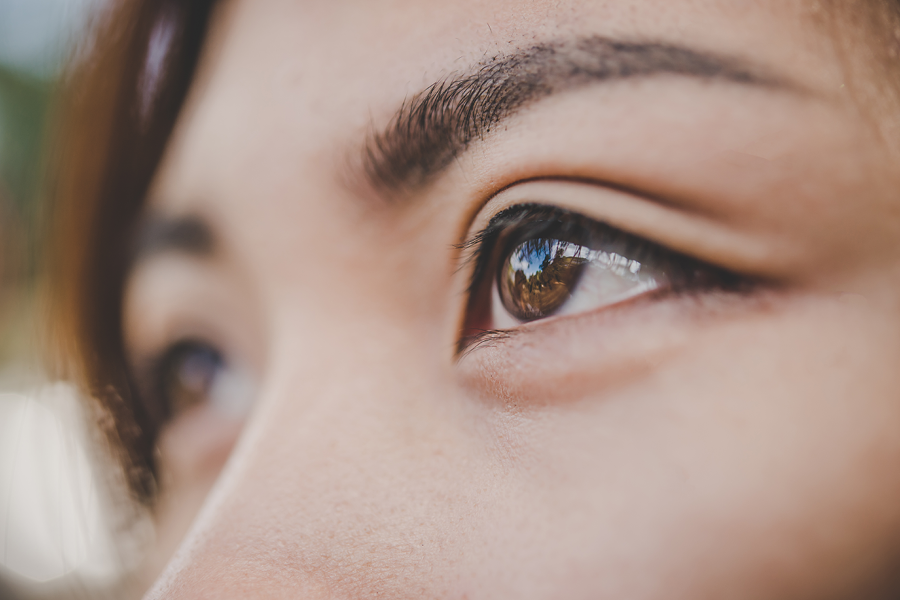Why Your Eye Keeps Twitching
Posted on February 29, 2024 in Vision Health

Has your eye ever twitched unexpectedly? Eye twitching, also known as eyelid myokymia, is a spasm of the eyelid. Although these spasms are generally harmless, they can be quite annoying or bothersome.
Learn the potential causes of eye twitching to help ease concerns and manage symptoms more effectively.
What is eye twitching?
Eye twitching occurs when the muscles in your eyelid contract involuntarily, causing rapid, repetitive movements in one or both of your eyelids. These contractions are typically gentle and spontaneous and last anywhere from a few seconds to several hours.
Eye twitching triggers
Several factors can trigger involuntary eye twitching. Understanding these triggers can help you minimize eye twitching and help prevent any feelings of discomfort. Here are some of the most common habits that can trigger eye twitching:
- Fatigue: Lack of sleep or general tiredness can increase muscle spasms.
- Stress: Stress frequently leads to muscle tension, which can directly trigger episodes of eye twitching.
- Alcohol or nicotine consumption: Both substances can induce a relaxing effect on your body's muscles, which may result in overstimulation of the eyelid muscles, leading to spasms.
- Exposure to bright lights: Photophobia, or sensitivity to bright lights, can cause eye pain and strain. As a result, straining your eyes in bright light can trigger eye twitching.
- Caffeine intake: Excessive caffeine can overstimulate the nervous system, causing eye twitching.
How to prevent and treat eye twitching
Eye twitching is typically a benign condition, meaning it isn’t a cause for concern. It can often be prevented by maintaining good health habits. If you notice increased instances of eye twitching, there are steps you can take to lessen the occurrences.
- Reduce triggers: Cut down or eliminate alcohol, nicotine, and caffeine consumption, and make sure to give your eyes breaks from bright lights.
- Get enough rest: Prioritize sleep to fight fatigue-related eye twitching. Experts recommend seven or more hours of sleep per night.
- Practice relaxation techniques: Incorporate activities like meditation or deep breathing exercises to manage stress.
- Eye care: Be sure to stay hydrated and use lubricating eye drops if dryness is a contributing factor.
- Consider medical treatment: If twitching continues or is severe, consult a healthcare professional for further evaluation and potential treatment options, such as medications or botulinum toxin injections.
Serious disorders associated with eye twitching
While occasional eye twitching is often harmless, persistent or recurrent episodes may be signs of a more serious issue. For example, eye twitching can sometimes be a sign of an underlying neurological disorder that requires medical attention.
According to The Mayo Clinic, neurological conditions that could cause eye twitching include:
- Bell's palsy
- Dystonia
- Multiple sclerosis
- Parkinson's disease
If eye twitching is present alongside other symptoms of these diseases, be sure to consult a healthcare professional for proper evaluation and management.